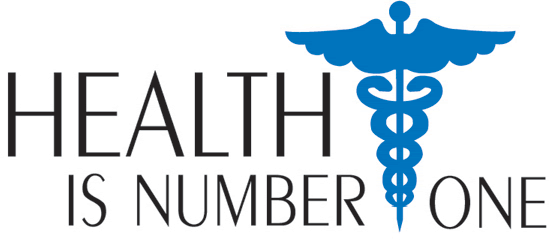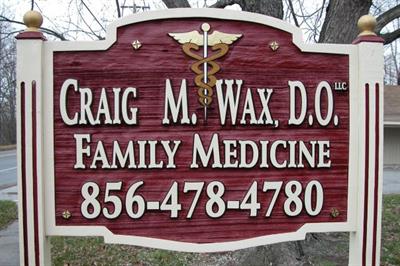Health Library ~ Family Medicine in Mullica Hill, NJ
All material copyright Craig M. Wax, DO unless otherwise
denoted.
Asprin For Prevention of Cardiovascular Disease
By Craig M. Wax, DO
Much has been written and said about the use of an aspirin dose daily to prevent recurrent cardiovascular disease including heart attack (myocardial infarction or MI) and stroke (cerebrovascular accident or CVA). This is known as secondary prevention. It is now clear that it can also be used in patients at risk for prevention of a first heart attack or stroke. This is known as primary prevention.
This is excellent news for all those people with personal health risk factors and family history of adverse advents. These risks include person's own history of smoking, high blood pressure (hypertension), high blood cholesterol & triglycerides (hyperlipidemia), diabetes and obesity are important. Of course, these risk factors should be eliminates or optimally managed as well. Also important are a family history of cardiovascular disease and premature death in parents and siblings.
This news was organized and released as part of the third U. S. Preventive Services Task Force (USPSTF) as of 2002. The recommendation from the USPSTF was given the highest rating of "A." This means, "the intervention is strongly recommended." The whole USPSTF report is available on the web at http://ahrq.gov/clinic/uspstf/uspsasmi.htm.
Aspirin, like other medications, does have side effects. Risks and benefits should be discussed with your family physician. Asprin is not for patients with stomach ulcers, bleeding problems (coagulopathies) and certain other problems.
Aspirin is available in multiple doses including 81, 162 and 325mg. There are enteric coated and uncoated varieties. There are recognizable brand names and inexpensive generic versions. As with all health and medication matters, these should be discussed with your family physician to determine which may be right for you.
|





